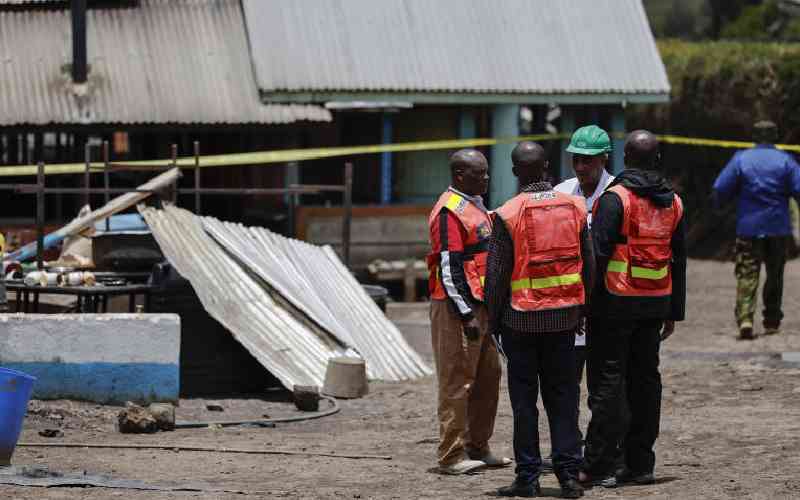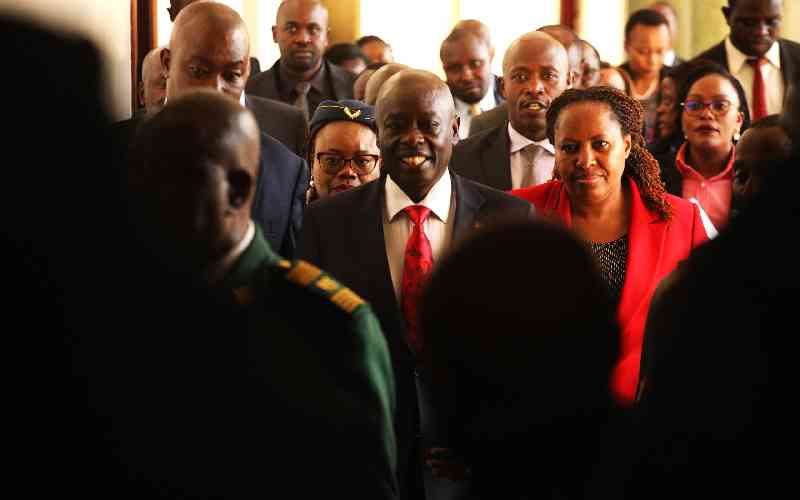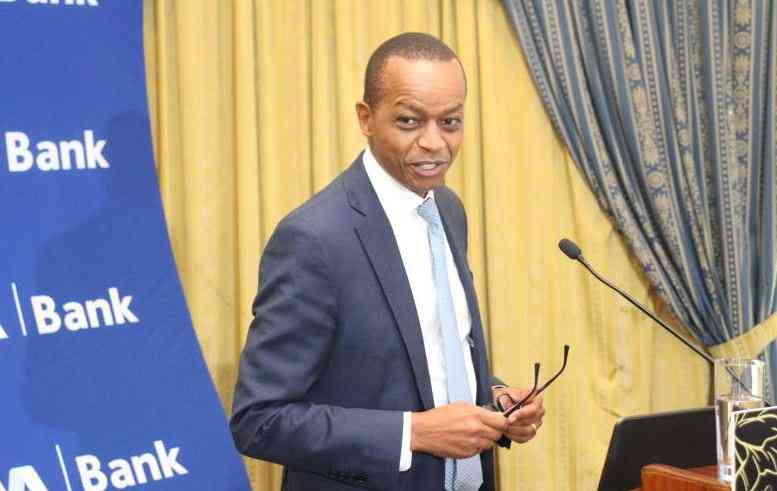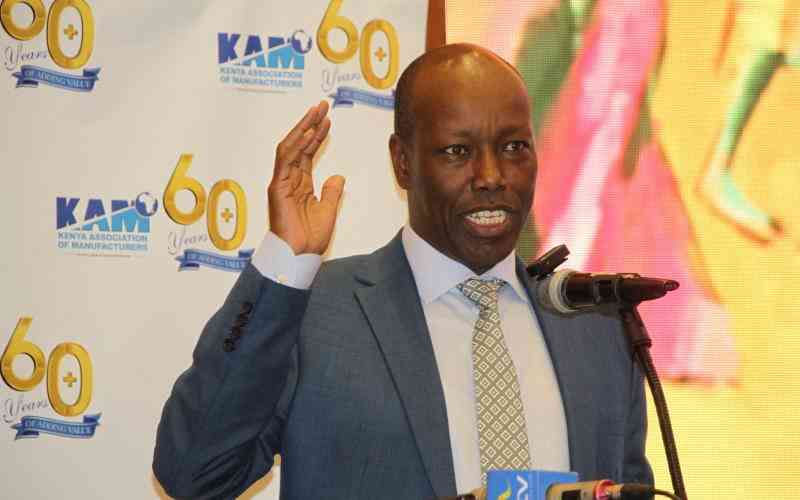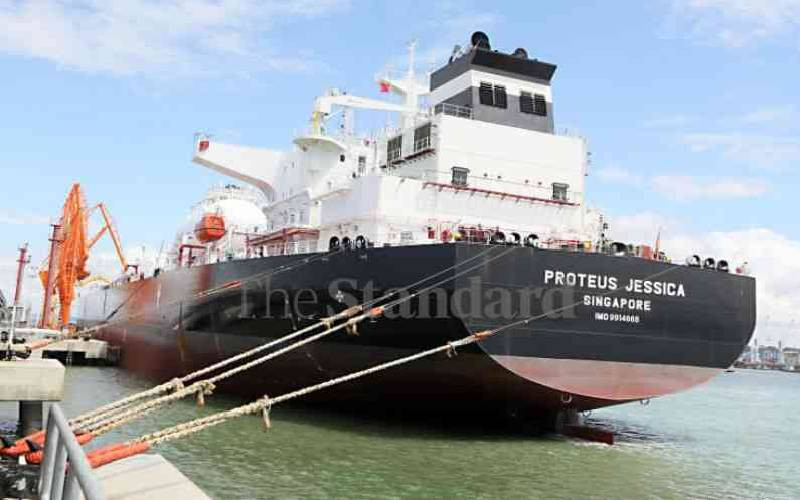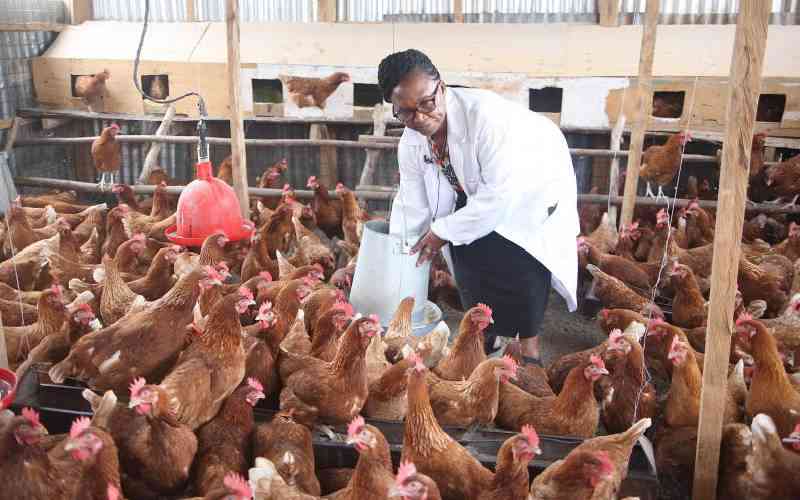
Small and medium-sized businesses (SMEs) are vital to Africa’s economy and are responsible for more than 80 per cent of the continent’s employment and 50 per cent of the Gross Domestic Product (GDP), according to the World Economic Forum.
Agricultural small and medium enterprises (Agri-SMEs) play an even more important role as they are crucial in the development of more inclusive and sustainable food systems as they are responsible for the entire value chain sector that is critical in providing job and income opportunities for young women and men.
Although the number of Agri-SMEs in Africa has continued to grow over the years, the development, potential and sustainability of the business have been constrained by persistent financial, policy and innovation challenges that have hindered their full growth and potential.
Over the years, most of the efforts to improve the performance and competitiveness of the sector have focused on the challenges the SMEs face in accessing affordable and flexible financing to enable them to expand and scale up.
However, the sector continues to face other significant non-financial and policy challenges that have hindered the growth of Agri-SMEs such as access to an enabling business environment, access to markets, access to human capital and access to skills and capacity development.
The challenges these Agri-SMEs face hinder their potential to provide work opportunities for young people, especially young women in the sector, young people living with disabilities and refugee youth.
Both the government and the private sector need to come together to address these challenges that have hindered the growth of the sector profoundly. The policy changes must include interventions that take into consideration the peculiar social economic and cultural challenges and environment in which SMEs operate.
Other non-financial challenges such as the lack of skills and capacity of the SMEs need policy interventions that seek to provide holistic demand-driven and well-structured capacity-building programs, promote skills and technology transfer, promote linkages between learning and research institutions for technology development and transfer to SMEs, create awareness initiatives on skills certification and include the needs of persons with disabilities in skills development.
Interventions need to be established that will seek to enhance the competitiveness, productivity and sustainability of SMEs in supporting the economy through the provision of quality products and services, decent jobs, incomes and wealth creation.
Mastercard Foundation Fund for Resilience and Prosperity will contribute to solving some of the challenges faced by Agri-SMEs through four interventions, that is, offering direct financial support through a Challenge Fund intervention, providing investor readiness support so these Agri-SMEs can attract other potential investors through the Connect intervention, providing capacity building and skills development through a Technical Assistance intervention and convening relevant stakeholders to encourage an enabling business environment and address the issues that impede the creation of work opportunities for young people, especially young women through Convening and Influencing.
The Fund has a focus on three sectors, agriculture, climate impact and the digital economy across 20 countries in Sub-Saharan Africa. Through these competitive sector-specific rolling call for proposals, SMEs will be invited to apply for funding, with the agriculture challenge already in progress.
The Fund is targeting SMEs that have innovative and scalable business models with significant potential to create jobs for young people, especially young women, young people living with disabilities and refugee youth.
Selected SMEs will receive grants ranging from US$ 500,000 to US$ 2,500,000, disbursed over 3 years, and based on the applicants’ development stage, scalability and business model. The funding structure will be determined on a case-by-case basis after evaluating proposals and organizations.
Additional support to successful applicants will include tailored technical assistance in alignment with FRP objectives over the 3 years.
SMEs working in Kenya, Benin, Burundi, Botswana, Cameroon, Côte d’Ivoire, the DRC, Ethiopia, Ghana, Malawi, Mozambique, Nigeria, Rwanda, Senegal, Sierra Leone, South Africa, South Sudan, Tanzania, Uganda and Zambia are encouraged to apply to the Fund.
The author is the Mastercard Foundation Fund for Resilience and Prosperity Communications and Convening Lead at KPMG East Africa
 The Standard Group Plc is a multi-media organization with investments in media
platforms spanning newspaper print operations, television, radio broadcasting,
digital and online services. The Standard Group is recognized as a leading
multi-media house in Kenya with a key influence in matters of national and
international interest.
The Standard Group Plc is a multi-media organization with investments in media
platforms spanning newspaper print operations, television, radio broadcasting,
digital and online services. The Standard Group is recognized as a leading
multi-media house in Kenya with a key influence in matters of national and
international interest.
 The Standard Group Plc is a multi-media organization with investments in media
platforms spanning newspaper print operations, television, radio broadcasting,
digital and online services. The Standard Group is recognized as a leading
multi-media house in Kenya with a key influence in matters of national and
international interest.
The Standard Group Plc is a multi-media organization with investments in media
platforms spanning newspaper print operations, television, radio broadcasting,
digital and online services. The Standard Group is recognized as a leading
multi-media house in Kenya with a key influence in matters of national and
international interest.


